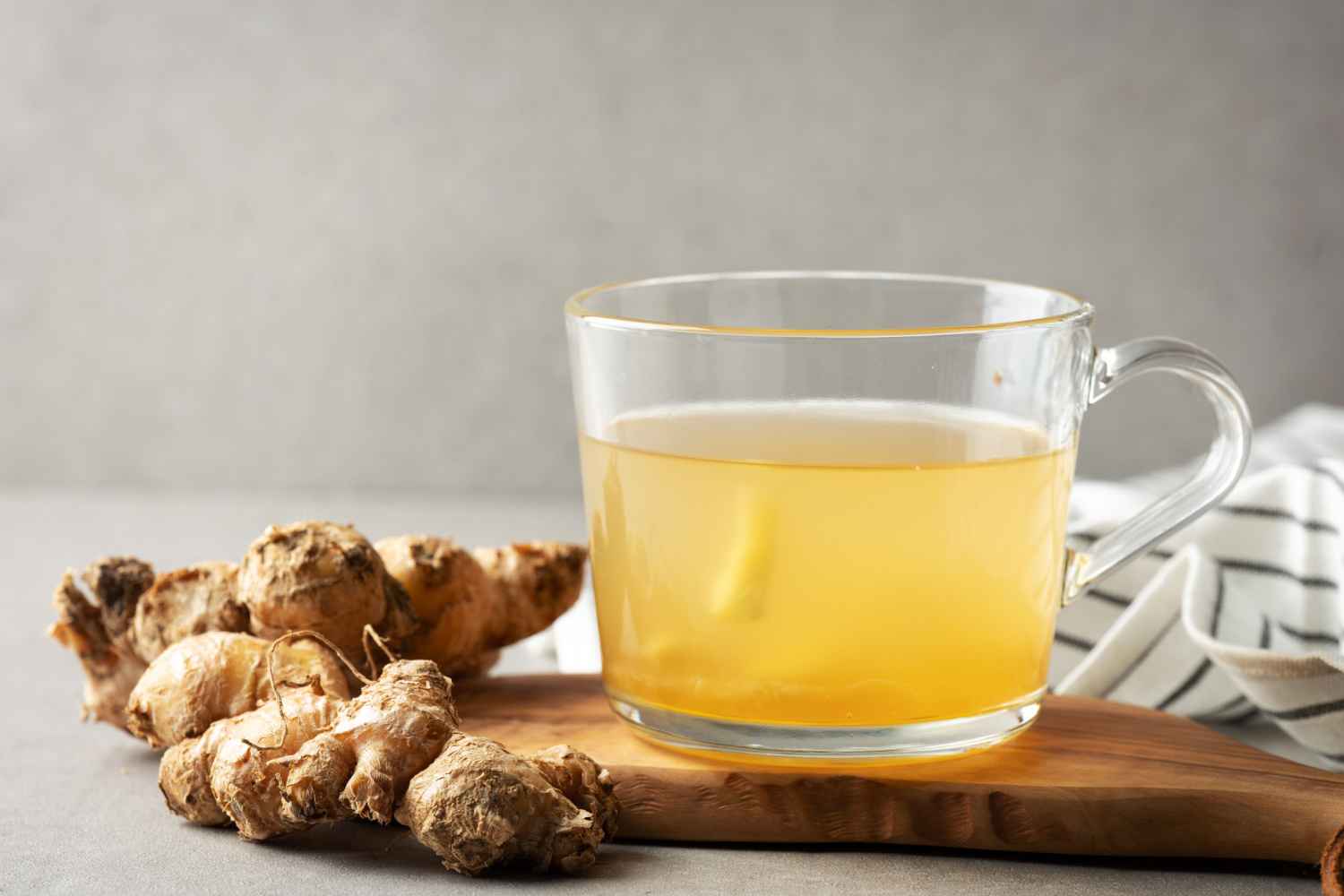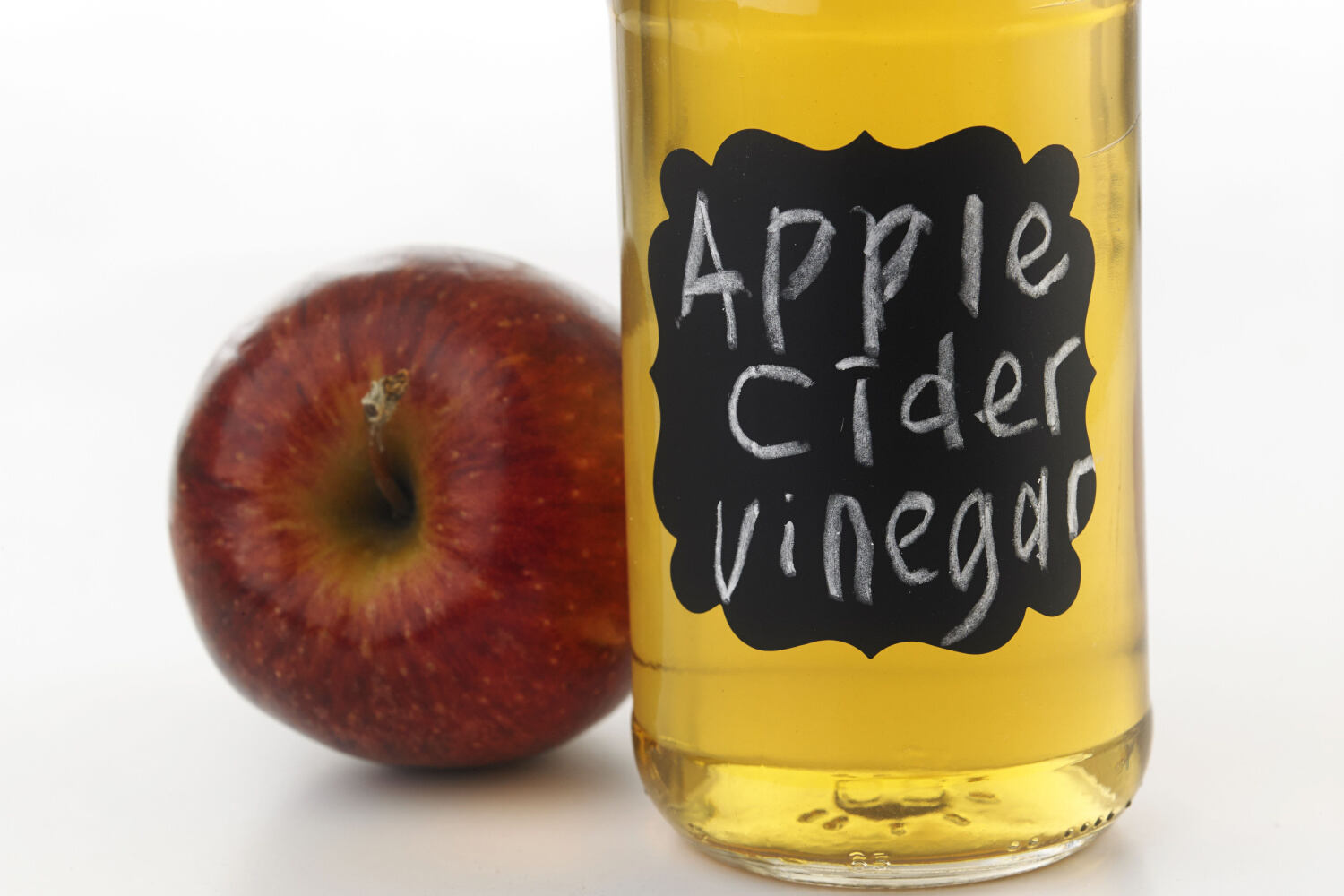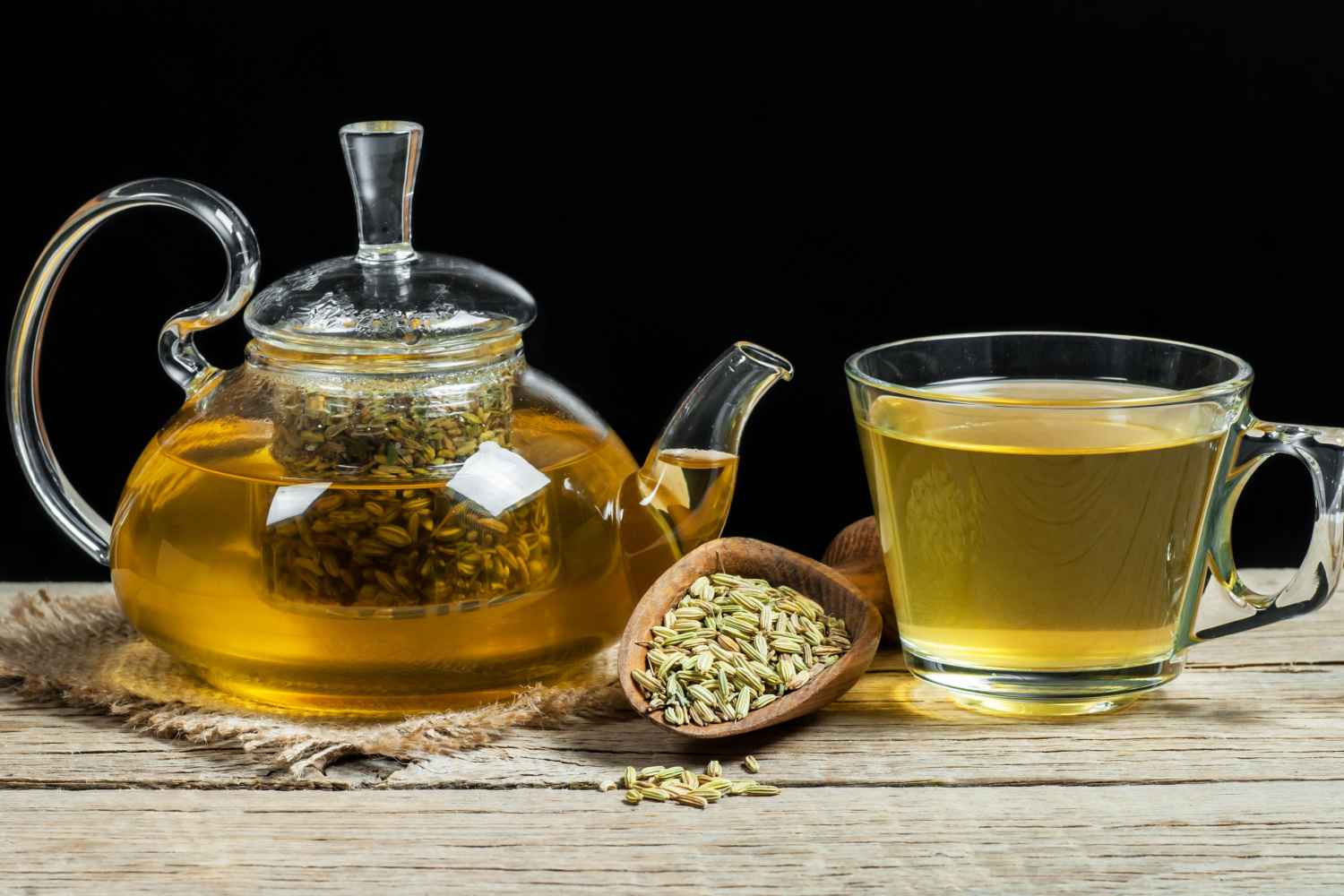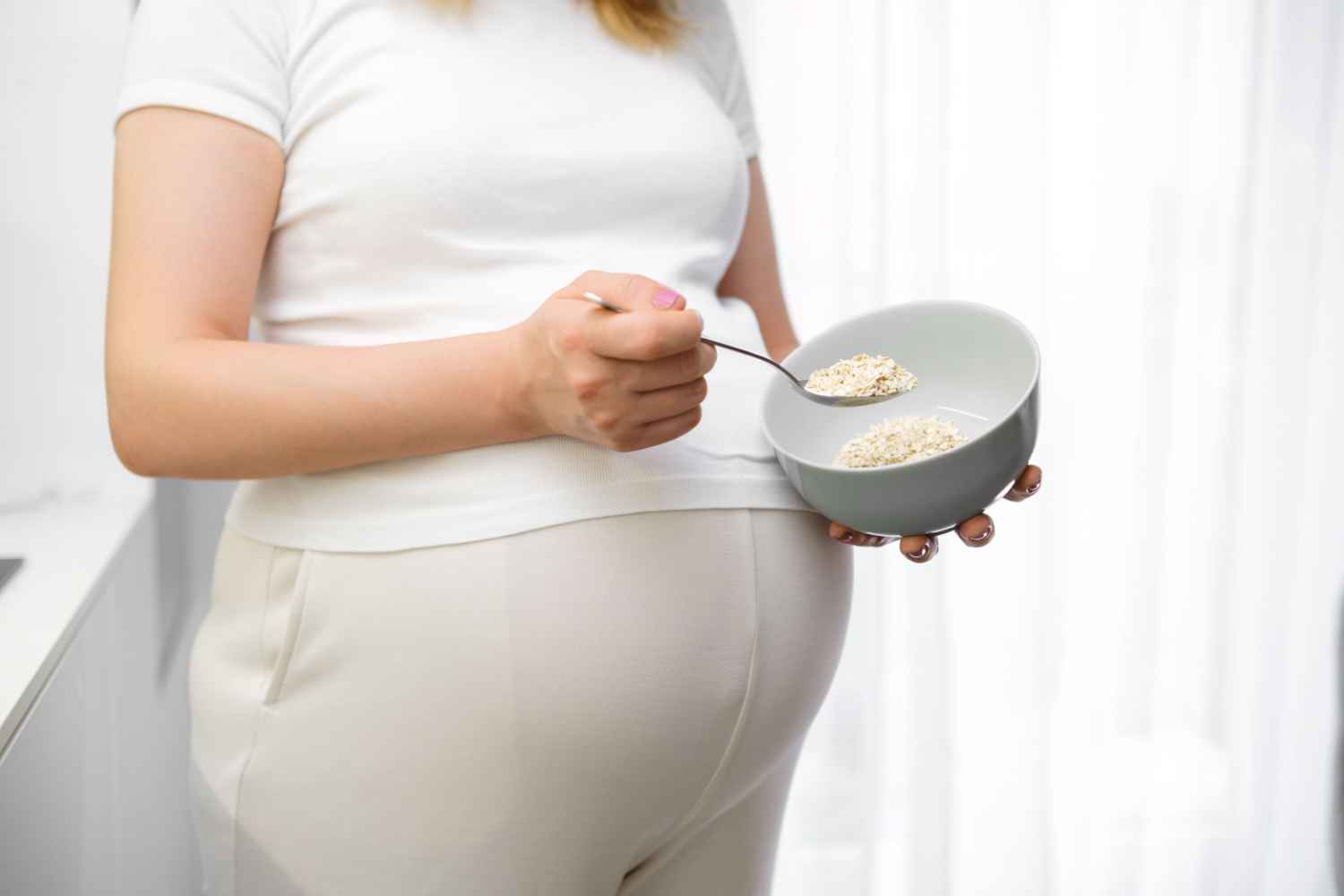
At some point in their lives, the majority of pregnant women experience a burning sensation in the chest and abdominal pain. Be it spicy food or something that doesn’t gel with your stomach, the stomach juices try to push themselves up through the esophagus, leading to a burning feeling. This brings about heartburn during pregnancy.
Sometimes, you can taste the food mixed with stomach acids at the back of the throat or suffer from a sore throat and cough too. This unpleasant feeling is more common during pregnancy and can be serious enough to cause cardiac arrest! Find out about some top natural remedies for heartburn during pregnancy.
Heartburn During Pregnancy
The esophagus, or food pipe, through which the food reaches down the stomach has a set of tight muscles at its base, which closes after the food has entered the stomach. This prevents the food from re-entering the esophagus. If there appears to be a problem with the closing mechanism of these muscles, i.e., they open and close at the wrong time, then food mixed with stomach juices can creep back to the esophagus, resulting in acid reflux.
Causes of Heartburn During Pregnancy

Most of the time, heartburn symptoms show up right after eating or drinking, but sometimes it takes a while after eating to show up.
Symptoms can happen at any time during pregnancy, but they happen more often after 12 weeks.
Here is a list of the causes of heartburn during pregnancy:
1. Hormonal Changes
During pregnancy, the body produces higher levels of the hormone progesterone. Progesterone relaxes the smooth muscles, including the lower esophageal sphincter (LES), which is responsible for preventing stomach acid from flowing back into the esophagus (1)(2). When the LES is relaxed, stomach acid can more easily reflux into the esophagus, causing heartburn.
2. Increased Pressure on the Stomach
As the baby grows, the expanding uterus can put pressure on the stomach, leading to the displacement of stomach contents and an increased likelihood of acid reflux. This pressure can contribute to the relaxation of the LES, allowing stomach acid to move into the esophagus (2).
3. Changes in the Digestive System
Pregnancy can slow down the digestive system, leading to a delay in the emptying of the stomach. This delayed gastric emptying can result in an accumulation of stomach acid, increasing the risk of heartburn (2).
4. Dietary Factors
Certain foods and beverages are known to trigger heartburn. During pregnancy, hormonal changes may make women more sensitive to these triggers. Common dietary culprits include spicy and acidic foods, chocolate, caffeine, citrus fruits, and fatty or fried foods (2).
5. Breech Baby Position
The position of the baby in the womb, particularly if it’s in a breech position, may influence the occurrence or severity of acid reflux. A breech baby is one whose buttocks or feet are positioned to enter the birth canal first instead of the head. The position of the baby may compress the stomach, leading to reduced stomach capacity and potentially causing stomach contents, including acid, to be pushed into the esophagus, triggering or worsening acid reflux.
There are several antacids and other OTC medicines available on the market. But it is wise to avoid medicine preparations as much as one can during pregnancy. It should also be noted that many of these general medicines are not tested on the pregnant population. Therefore, it’s in the best interest of you and your baby’s health to find alternative natural remedies to cure such common ailments.
[Read : How Safe Is To Take Antacids During Pregnancy?]
9 Natural Home Remedies For Heartburn During Pregnancy
Although it may be challenging to cope with heartburn when pregnant, there are natural solutions that can help alleviate the pain without the need for drugs. If you’re suffering with heartburn, try these eight methods:
1. Ginger Tea

Pregnant women who suffer from heartburn may find relief by using ginger, a spice known for its anti-inflammatory effects. One study found that ginger helped pregnant women who were sick with nausea and vomiting(3). Indirectly, this might help reduce acid reflux. While ginger is generally safe, excessive amounts may not be recommended during pregnancy. It’s essential to consume it in moderation. Opt for a mild ginger tea rather than one that is very strong. You can adjust the strength by varying the amount of ginger you use or the steeping time. If you experience any unusual symptoms or discomfort after consuming ginger tea, stop its consumption and consult your doctor.
2. Chewing Gum

Chewing sugar-free gum is an easy and practical solution. This process aids in neutralizing gastric acid by increasing saliva production. According to research, chewing gum half an hour after eating may significantly lessen acid reflux (4). Mint can sometimes worsen acid reflux symptoms in some individuals. In that case, consider non-mint flavors like fruit or cinnamon.
[Read: How Safe Is Chewing Gum During Pregnancy?]
3. Honey and Milk

One study found that diluting a spoonful of honey with a glass of warm milk might be the perfect way to counteract acid reflux. It is one of the best home remedies for heartburn for pregnant ladies.
4. Apple Cider Vinegar

Apple cider vinegar is acidic, yet some women report relief by taking a tablespoon with water before meals. According to recent research, apple cider vinegar may be able to help people with heartburn symptoms(5) that over-the-counter antacids are unable to treat. If you decide to try apple cider vinegar, make sure to dilute it with water. Mix one to two tablespoons of apple cider vinegar in a large glass of water and sip it slowly.
[Read: Is It Safe To Have Apple Cider Vinegar During Pregnancy?]
5. Fennel Tea

Fennel tea has potential benefits for promoting optimal digestion and is often used to alleviate a range of digestive issues such as heartburn, bloating, and diminished appetite (6). Always wait until the tea has cooled to a safe temperature before drinking it. Fennel may add flavor to pregnant cuisine, such as salads or cooked foods, and may provide some relief from heartburn.
6. Coconut Water

In addition to quenching your thirst, coconut water may also aid in calming your gastrointestinal system. Many pregnant women might have experienced the soothing effect of coconut water. This isn’t as well known about how coconut water can help with heartburn, though. Its effects can be different for each person. And it’s important to approach it with moderation. Some supporters say that coconut water might be alkaline, which could help balance out stomach gas. But more study is needed to fully back up these claims.
7. Bananas

Bananas are rich in natural antacids. They can alleviate heartburn by neutralizing stomach acid. The soluble fiber pectin, which is abundant in bananas, aids in the proper transit of food through the digestive system (7a). As a result, acid production is reduced, and acid reflux is less likely to occur.
8. Oatmeal

Oatmeal is often considered a bland and non-acidic food that may help alleviate acid reflux symptoms. Oatmeal has a neutral pH, which means it is less likely to trigger acid reflux compared to acidic foods. Because of this, it is a good choice for pregnant women who suffer from heartburn.
9. Almonds

A handful of almonds can help reduce heartburn by neutralizing stomach acid (7b). Consumed as a snack or mixed into food, almonds, which are rich in healthy fats, help reduce stomach acidity.
How Can I Prevent Heartburn During Pregnancy?

Between 17 percent and 45 percent of pregnant women report experiencing heartburn (2). It happens when the growing uterus presses on the stomach, which causes acid from the stomach to reflux into the esophagus. But there are things you can do ahead of time to lessen the impact of heartburn during this period of change.
- Try eating smaller meals more often than three large ones to lessen the likelihood of acid reflux.
- It is not a good idea to lie down right after eating. To prevent heartburn, you must stay upright for at least an hour.
- Instead of drinking a big glass all at once, spread your water consumption over the day. It keeps the stomach from being overloaded.
- Utilize additional cushions or a wedge-shaped cushion to raise your upper body as you sleep. As a result, nighttime acid reflux is less likely to occur.
- One of the causes of heartburn is wearing tight clothing, particularly around the waist area. Avoid putting undue strain on your stomach by wearing loose, comfortable clothing.
If your heartburn doesn’t ease even after weeks or if you vomited or have unbearable chest pain, then this denotes the need for medical attention. It is equally important to live a happy and stress-free life. Stress can also trigger heartburn, so take things easy and welcome each day with open arms!
FAQ’s
1. How Long Does Heartburn Last During Pregnancy?
For some, heartburn is a rare symptom during pregnancy, but for others, it’s a constant companion. Time is conditional on specific variables.
2. What Are Protone Pump Inhibitors? Will It Help Heartburn During Pregnancy?
Medicines known as proton pump inhibitors (PPIs) lower the production of stomach acid. Because their usage is not well established, pregnant women should consult their healthcare providers about their safety.
3. What Does Heartburn During Pregnancy Feel Like?
When a pregnant woman experiences heartburn, she may feel burning in her chest or throat and taste something foul. It often happens after eating or when lying down.
References
- Is Estrogen a Curse or a Blessing in Disguise? Role of Estrogen in Gastroesophageal Reflux Disease – [https://www.ncbi.nlm.nih.gov/pmc/articles/PMC7689967/]
- Heartburn in pregnancy – [https://www.ncbi.nlm.nih.gov/pmc/articles/PMC4562453/]
- Ginger in gastrointestinal disorders: A systematic review of clinical trials – [https://www.ncbi.nlm.nih.gov/pmc/articles/PMC6341159/]
- The effect of chewing sugar-free gum on gastro-esophageal reflux – [https://pubmed.ncbi.nlm.nih.gov/16246942/]
- Effectiveness of Nutritional Ingredients on Upper Gastrointestinal Conditions and Symptoms: A Narrative Review – [https://www.ncbi.nlm.nih.gov/pmc/articles/PMC8839470/]
- Saunf: Do we really need fennel seeds after a meal? – [https://www.researchgate.net/publication/335840673]
- Functional Food in Relation to Gastroesophageal Reflux Disease (GERD) – [https://www.ncbi.nlm.nih.gov/pmc/articles/PMC10458865/]
Read Also: 6 Home Remedies For Vomiting During Pregnancy
